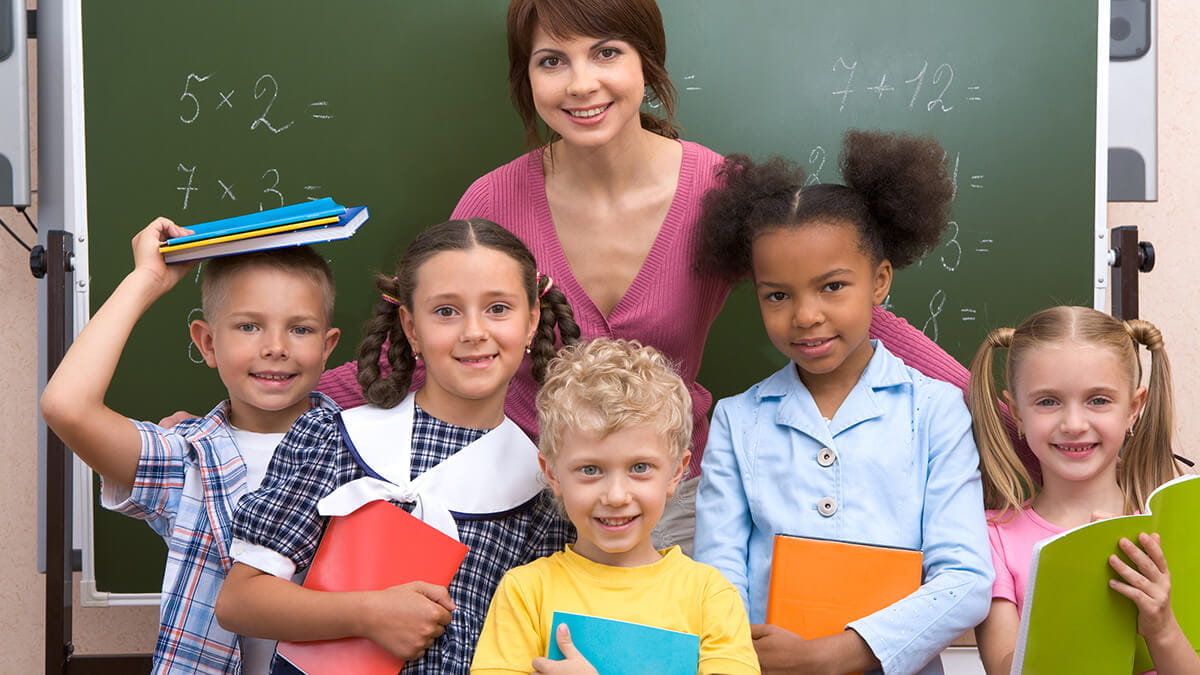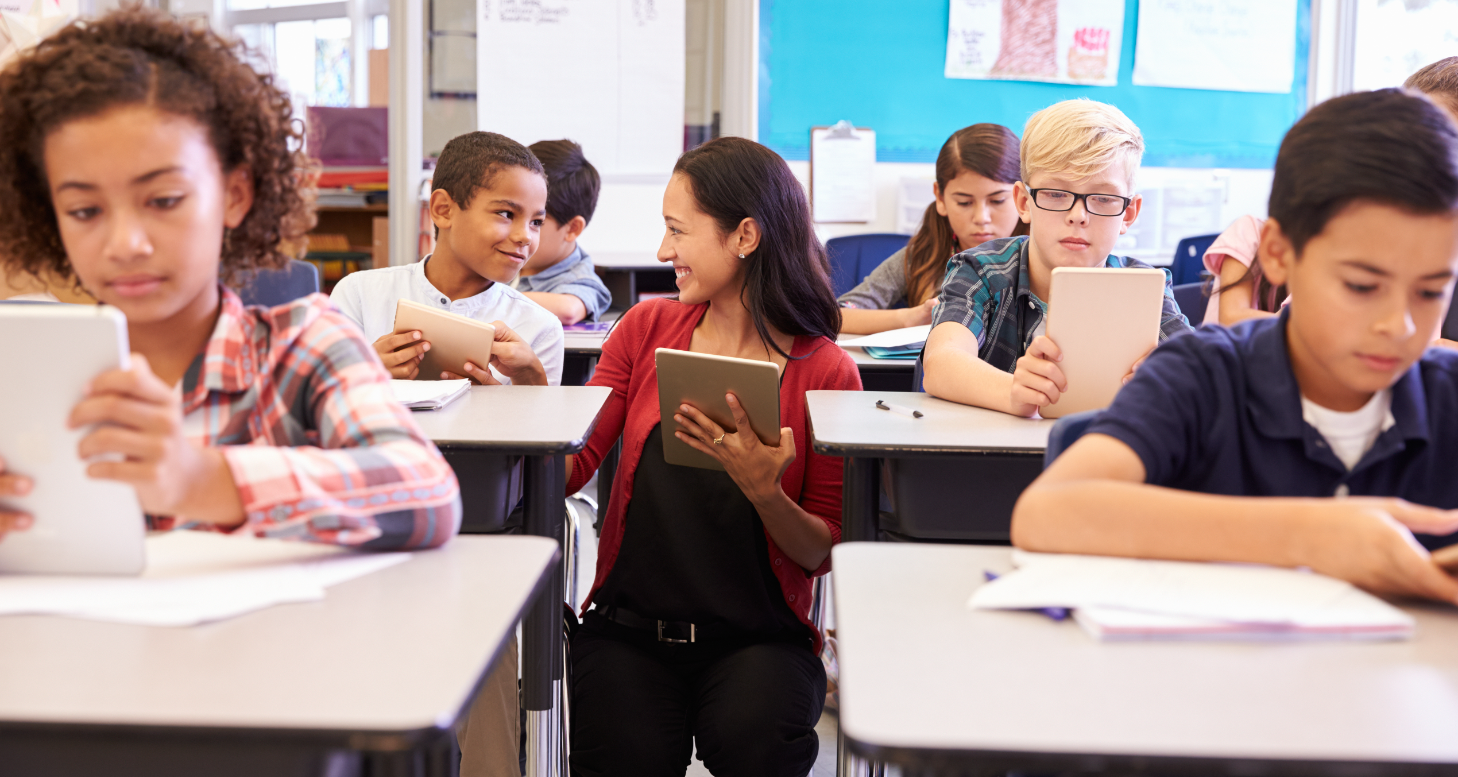How teachers influence of educators in Kindergarten learning outcomes
Wiki Article
The Crucial Function of Preschool in Kid Growth: Facts and Insights for Parents
Preschool works as a crucial structure for child development. It offers structured very early knowing experiences that greatly affect cognitive, social, and emotional development. Youngsters participate in activities that improve language skills and vital thinking while also finding out to browse social communications. Comprehending the impact of this formative phase is crucial for parents. What certain benefits does preschool offer, and exactly how can parents best support their youngsters during this pivotal time?The Relevance of Early Learning Experiences
Although several might undervalue the importance of early knowing experiences, they play an important function in forming a child's cognitive, social, and emotional development. During these developmental years, children engage with their atmosphere, obtaining language abilities and fundamental understanding that set the stage for future understanding. Exposure to diverse learning activities cultivates important reasoning, creativity, and analytic capabilities.Very early knowing experiences aid children develop self-regulation and durability, equipping them to encounter obstacles in advance. Participation in structured knowing environments motivates inquisitiveness and exploration, important attributes for scholastic success. These experiences additionally introduce kids to expectations and routines, advertising a complacency and belonging.
Study has actually revealed that top quality early education can considerably affect lasting instructional outcomes, decreasing the probability of finding out troubles. By stressing the significance of very early knowing, educators and parents can better sustain youngsters within their full capacity, inevitably adding to their overall well-being and future achievements.
Building Social Relationships and abilities
Structure social abilities and forming relationships are vital facets of a child's growth that typically emerge from very early understanding experiences. In kindergarten, children participate in various tasks that promote communication, team effort, and communication. They find out to share, take turns, and cooperate, which are fundamental skills for constructing relationships.Structured playtime and team projects urge children to navigate social dynamics, promoting an understanding of different point of views and the significance of compassion. As they communicate with peers, they practice dispute resolution and create negotiation skills, vital for keeping friendships.
Furthermore, these early social interactions assist kids grow a feeling of belonging and community, which is crucial for their general wellness. By creating connections with schoolmates, children not only improve their social skills however likewise get confidence in their capability to associate with others. Consequently, preschool acts as an important system for nurturing social growth and friendship-building.
Creating Psychological Knowledge
How do little ones begin to recognize their very own emotions and those of others? In the preschool setup, youngsters participate in different tasks that advertise emotional knowledge. With storytelling, play, and team discussions, they find out to recognize and identify their sensations. Educators often introduce ideas such as empathy by motivating kids to assess exactly how others might really feel in various situations.Role-playing exercises permit kids to practice recognizing psychological signs, fostering an understanding of social characteristics. Additionally, guided conversations regarding problem resolution help them navigate their emotional actions and develop coping approaches. By interacting with peers in structured environments, youngsters obtain insights into the psychological landscape of their schoolmates, which enhances their capacity to form significant partnerships.
Eventually, kindergarten works as a crucial platform for supporting emotional knowledge, gearing up youngsters with necessary skills for future social interactions and emotional well-being.
Cultivating Self-reliance and Self-esteem
In the kindergarten environment, children not just enhance their emotional intelligence but also begin to grow independence and confidence. This essential developmental phase enables kids to make choices, resolve troubles, and take duty for their actions. Participating in tasks that promote freedom, such as selecting their own jobs or taking part in group jobs, helps kids discover to trust their judgment and capabilities.As they browse social communications, youngsters acquire self-confidence in expressing their ideas and feelings. Kindergarten. Encouragement from peers and teachers fosters a feeling of belonging, additionally enhancing self-worth. Tasks that need team effort and partnership additionally instruct kids to value their payments, browse around this web-site enhancing their feeling of competence
Planning For Future Academic Success
As kids participate in organized discovering experiences throughout preschool, they lay an essential foundation for future academic success. This early educational stage presents important skills such as literacy and numeracy, enhancing cognitive development and fostering a love for discovering. With interactive activities, kids discover to follow instructions, job collaboratively, and address problems, all of which are crucial in higher scholastic settings.Kindergarten supports social-emotional skills, enabling kids to manage their emotions, develop empathy, and construct connections with peers. These capabilities add markedly to a positive classroom atmosphere and reliable learning.
Study indicates that youngsters that grow in kindergarten are most likely to perform well in later grades, showing the long-lasting influence of early education. Moms and dads play a considerable role in sustaining their child's kindergarten experience by strengthening knowing at home and motivating interest, thus preparing them for an effective scholastic journey in advance.
Regularly Asked Concerns

What Should I Seek in a Great Kindergarten Program?
A great preschool program should emphasize play-based discovering, qualified instructors, a risk-free setting, a balanced curriculum, possibilities for social interaction, and adult participation. Evaluating these variables guarantees a nurturing room for kids's early development and growth.How Can I Assist My Kid Change to Kindergarten?

What Prevail Difficulties Kid Face in Kindergarten?
Common difficulties children deal with in preschool include separation stress and anxiety, trouble adjusting to structured routines, social skills advancement, and taking care of brand-new connections. These concerns can influence their general change and finding out experiences during this vital adjustment period.How Can Moms And Dads Support Kindergarten Knowing in your home?
Moms and dads can support preschool understanding in your home by offering a structured regimen, engaging in interactive reading, encouraging innovative play, using educational video games, and fostering open interaction concerning institution experiences to strengthen understanding and build self-confidence.What Is the Regular Daily Schedule in Kindergarten?
A common day-to-day routine in kindergarten consists of early morning circle time, organized discovering tasks, snack breaks, playtime, and story sessions, all designed to promote social abilities, creative thinking, and foundational academic principles important for very early development.In the kindergarten setting, children engage in various tasks that advertise psychological intelligence. As youngsters involve in structured learning experiences during kindergarten, they lay an important structure for future scholastic success. Kindergarten nurtures social-emotional abilities, making it possible for children to manage their emotions, develop empathy, and build partnerships with peers. site Research study shows that youngsters redirected here that prosper in preschool are a lot more likely to perform well in later qualities, showing the lasting impact of early education. Common difficulties youngsters deal with in kindergarten include splitting up stress and anxiety, trouble adapting to structured regimens, social skills development, and taking care of brand-new connections.
Report this wiki page